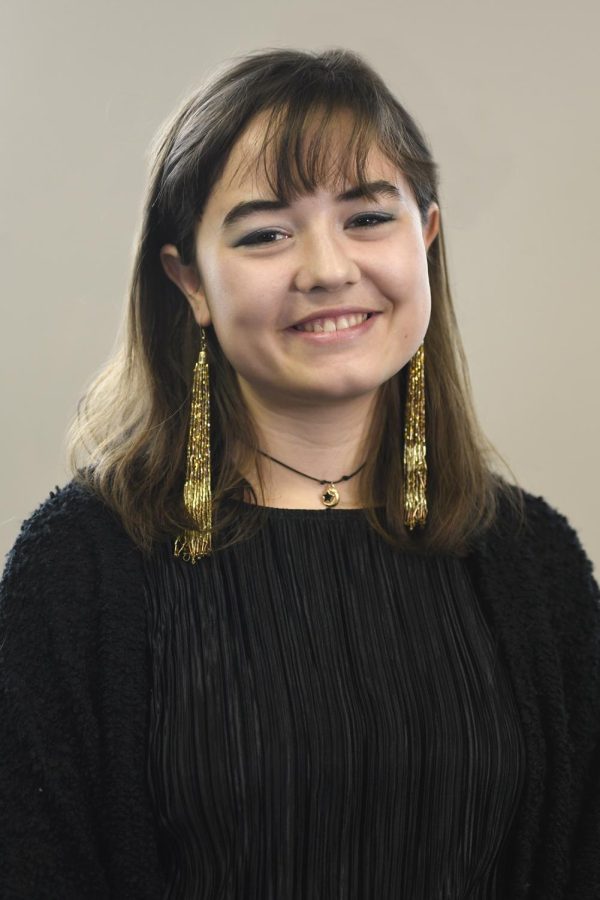OPINION: Listening isn’t about having the answers
February 17, 2019
Growing with yourself is strange. You start to understand things that a younger version of you might not have or might have overlooked entirely. Why don’t you like the beach? Well, maybe 21-year-old you knows, finally, that the beach is a reminder of someone you miss a lot. It’s a connection, something almost out of your control, but something you can probably deal with. On the other hand, 15-year-old you says: I don’t know, I just hate the beach.
You change, and in some ways, you start to see yourself more clearly. If you’re lucky, you might go easier on your past self, too. With anxiety, it’s a mix of both. As I’ve grown older, I’ve started to be able to tell when something might send me into a spiral of fear. I understand that I react to certain things differently than other people, and even though I’m getting better, I might never be completely rid of moments where I just have to cry.
With the self-awareness comes a bit of help. I can try to deal with things that I know are bothering me, and I’ve tried to be more communicative about them. I can advocate for myself and the importance of taking SSRI medications. I can try to recognize when something’s about to trip me up, and I can try to get a hold of myself earlier. All very helpful things that I’d hoped I could figure out, or get closer to figuring out, at some point in my life.
The most interesting thing about growing with myself and my illness, however, has been the knowledge that I have to ask for help if I need it. It’s a hard thing to do, and not always comfortable, but I can’t expect others to know something’s wrong if I don’t tell them what’s up. In that way, I’ve come to realize the power of just … listening.
Maybe you already know the power of a good vent session, but if you don’t, let me fill you in. They’re very helpful when you’re stressed, they’re relaxing when you’re with your friends and they’re cathartic when all you want to do is mourn. But it’s hard to come to someone — or have someone come to you — when you think that just lending a shoulder and a listening ear means having to answer all the questions that offering brings. What are you supposed to do when you have no advice to give? This is something I’ve often asked myself — how am I supposed to give good advice when I’m not sure about the thing myself?
There’s good news. Though I do preface with the disclaimer that this may differ depending on the person, being a good listener isn’t always about having all the answers. You don’t necessarily need to give out sage advice — you can just be there for someone. Listen to them, offer encouragement, check up on them.
When I think back to teenage me, unsure of lots of what made her sad in the first place, I think of someone who needed to be heard. Someone who needed to be listened to, if just for a little while. I did have people like that, and they were often family members or friends, not medical professionals. They didn’t always know what to say, but I never minded. What meant a lot to me was the fact that they cared enough to spend time with me.
So yes, growing up and growing alongside yourself is weird. Not a person exists in this world who really knows exactly what they’re doing, and I believe that. So don’t be afraid to reach out to your friends. Don’t be afraid to just listen to them, either. We have to be there for each other, and even if that means just sitting together and having a conversation, it helps. It means something, truly. Thanks for listening.
Cameron Gorman is a columnist. Contact her at [email protected].












